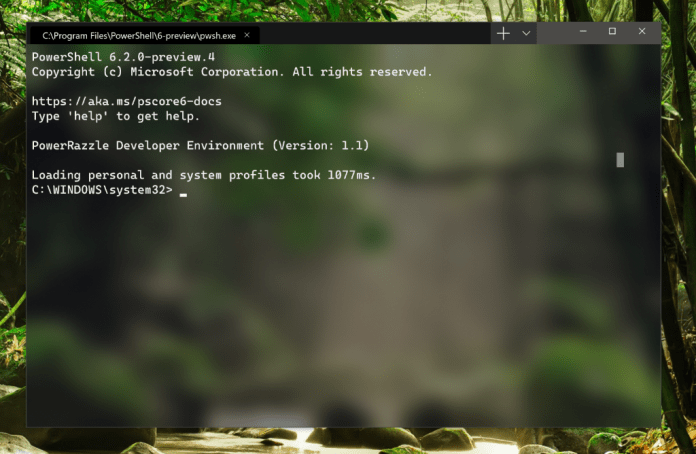During Build 2023, Microsoft has announced the integration of GitHub Copilot into its Windows Terminal application, marking a significant step in its ongoing efforts to incorporate AI-powered features into Windows alongside the new Windows Copilot feature. The new GitHub Copilot Chat experience will be available to Windows Terminal users, providing a platform for users to leverage natural language AI to recommend commands, explain errors, and take actions within the Terminal application.
GitHub Copilot for Other Coding Tools
Microsoft is also experimenting with GitHub Copilot in other developer tools like its own WinDbg debugger. WinDbg is often used by developers to debug user mode applications, device drivers, and even Windows itself. It’s a popular tool for IT admins to troubleshoot blue screen of death (BSOD) errors through its ability to analyze the memory dumps that Windows produces.
GitHub Copilot has been making waves in the tech industry since its launch in 2021. Developed by Microsoft and OpenAI, Copilot uses AI to suggest and complete code for programmers based on their context and intent. It was designed to help developers write code more efficiently and quickly by tapping into code from other developers on GitHub, which is owned by Microsoft since a $7.5 Billion takeover in 2018. The Windows Terminal app, first announced at Build in 2019, has become a popular tool on Windows 10 and was made the default Windows 11 command line experience last year.
Earlier this year Microsoft introduced GitHub Copilot X, an updated version of the service that integrates OpenAI’s GPT-4 AI model. This new version added several benefits, including a ChatGPT-like experience in the editor, AI-powered tags in pull request descriptions, and AI-generated answers about documentation. Despite these advancements, GitHub Copilot has been the subject of controversy and legal battles.
The AI Coding Battlefield: Controversies and Legal Battles
The AI-driven coding tool landscape is rapidly evolving, with tech giants like Google, Microsoft, and Amazon competing to offer the best AI-powered tools for code generation and debugging. Despite its innovative capabilities, GitHub Copilot has been embroiled in controversy.
GitHub Copilot has been criticized for potentially violating copyright laws by using public source code without explicit permission or adherence to licensing terms. A lawsuit filed in November 2022 alleges copyright infringement, contract violations, and other legal breaches resulting from the use of public source code in the development of Copilot and OpenAI Codex.
In addition, concerns about the security and privacy risks posed by generative AI tools have led to restrictions on their use by some tech giants. For instance, Apple has banned the use of generative AI tools such as ChatGPT and GitHub Copilot by its employees, citing concerns that these tools could leak confidential information or proprietary code to third-party developers.
The Future of AI-Assisted Programming
The outcome of the ongoing lawsuit against GitHub, Microsoft, and OpenAI could have significant implications for the future of AI-assisted programming tools and the rights of developers whose code is used in training models. As the case continues, legal experts anticipate further debate regarding fair use, copyright infringement, and the responsibilities of technology companies in respecting open-source licenses.
Despite the controversies, GitHub, Microsoft, and OpenAI have expressed their commitment to innovating responsibly and advocating for the future of AI-powered developer experiences. The evolution of GitHub Copilot and similar tools will undoubtedly shape the relationship between AI, software development, and copyright law in the years to come.






